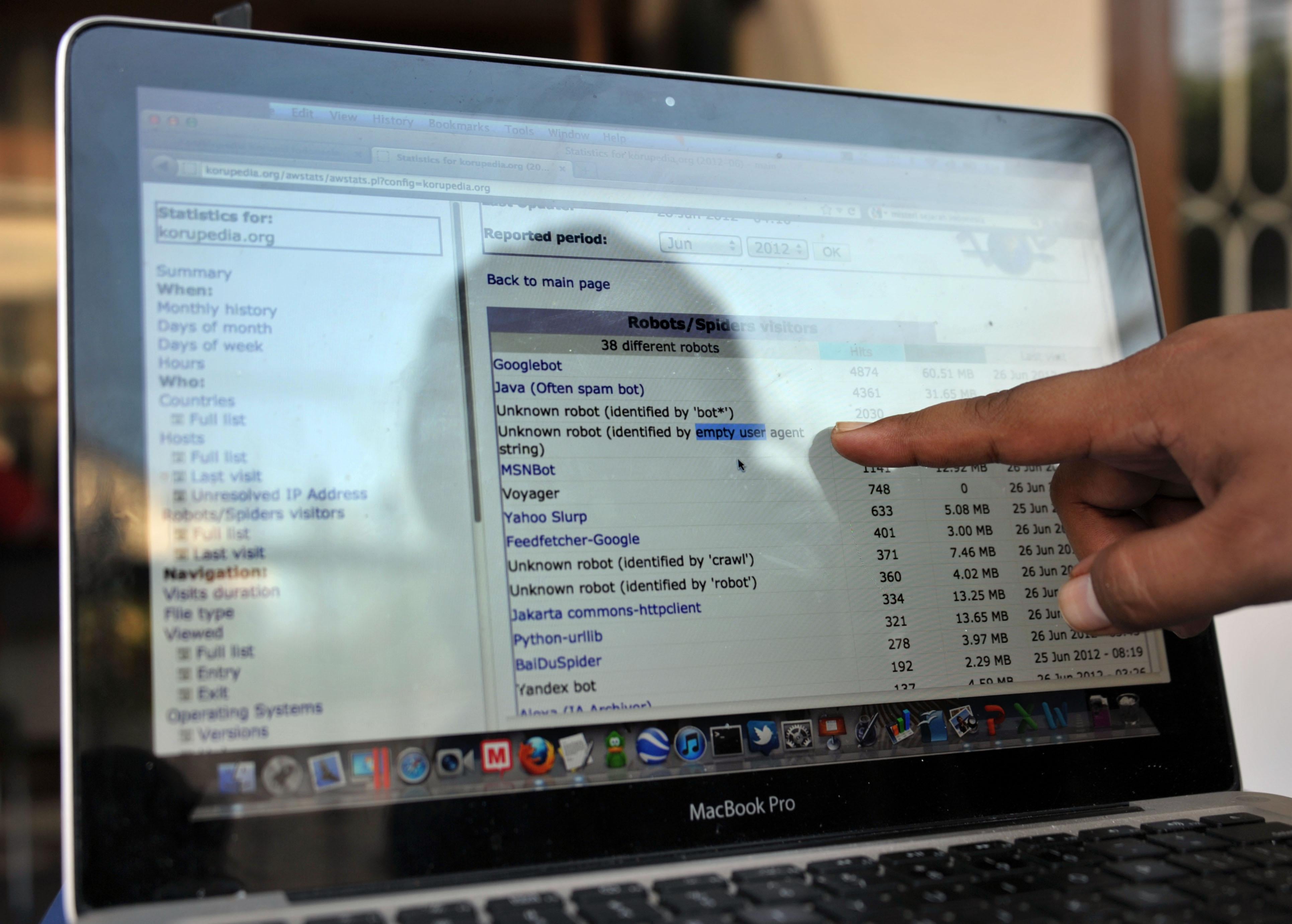Yesterday morning, when I was still in San Jose pending a flight to D.C., I received an email from Breitbart.com Editor-in-Chief Joel Pollak.
“Dave, can you confirm the existence of a listserv, as reported in the Guardian?” asked Pollak, pointing to a column by my friend Ana Marie Cox. (She’d written it to respond to an amusingly overhyped “hack” of the late JournoList, an email group I belonged to in 2009 and 2010.) “Any comment?”
“Yep,” I wrote. “I have an email list that’s basically as described. I send around my articles once a week or so, and encourage other people to send theirs if they think they’d be fun to discuss.” This is all true, and the question was confusing because lots of journalists have alert lists for their new pieces.
“Thanks,” wrote Pollak. “Do you ever use it to coordinate coverage?”
Another odd question, because Cox described the list as “something Journolist wasn’t: a forum in which writers of all political shades and depths talk to each other.” Also true. When I created the listserv in 2010, I added colleague-friends from right, left, and nonideological media, people who I thought would want to read my scribblings. One perk of the mixed membership, I figured, was that the conservatives and liberals would cancel each other out and eliminate the likelihood of leaks. All stuff I’m comfortable telling people, though I’m not sure why they’d care. See about re: “lots of journalists.”
So, “No,” I told Pollak. “Just to encourage people to read/link a story, as one would do on Twitter.”
“Thanks,” said Joel. “P.S. No one from Breitbart invited?”
“Not right now,” I wrote, before heading out the door.
Shortly thereafter, Pollak published a story titled ” ‘Weigolist’ Revealed—and We’re Not Invited.” The second part of the headline was true. The first part was misleading, though probably by accident. To “reveal” something means to inform the world of something it didn’t know. But way back in September 2010, when he was still at Politico, Ben Smith reported on the current status of a few D.C. political/journo listservs. The collapse of Journolist “left behind Cabalist, as well as Weigel’s own article-alert list, which has an eclectic membership and a mixture of self-promotion and conversation.”
Why didn’t I just tell Pollak that his scoop had been sitting around the Internet since Nancy Pelosi was speaker? Logistics, partly—I was off to meet some people before leaving California for D.C. and didn’t want to Google around for the 2010 story, and I hear the Left Coast goes Judge Dredd on people who text and drive. Maybe Pollak would Bing the phrase “Weigel’s own list” and find the story himself!
He didn’t, so he wrote a story based on one false premise and one theory. Cox had argued that the heterodoxy of my email group stopped it becoming a petri dish for groupthink. “Cox does not seem to realize,” wrote Pollak, “that such coordination among journalists also often creates its own form of media groupthink.” I don’t agree. Reporters, like everybody else, talk to and compare themselves to people in their industry. They make value judgments in public and in private.
It’s possible for those private judgments to be skewed, in the hopes of impressing other people—and I did this sometimes in the JournoList days—but the same is true of everything said in public. Watch Twitter for an hour during a breaking news story and you can see judgments form journalists in real time, molded by the opinions that the individual or the network promotes (like trending tweets and topics).* The idea that private conversations between reporters will inevitably lead to coordination is attractive, but conspiracy-minded, because it doesn’t appreciate how competitive reporters are. Or, you know, whether or not the existence of these conversations is actually secret …
*Left out the word “promotes” originally, which made the sense a bit too dada.
